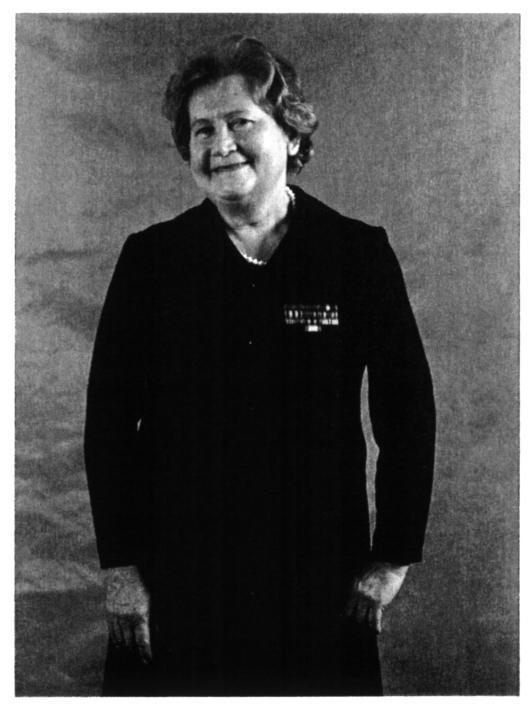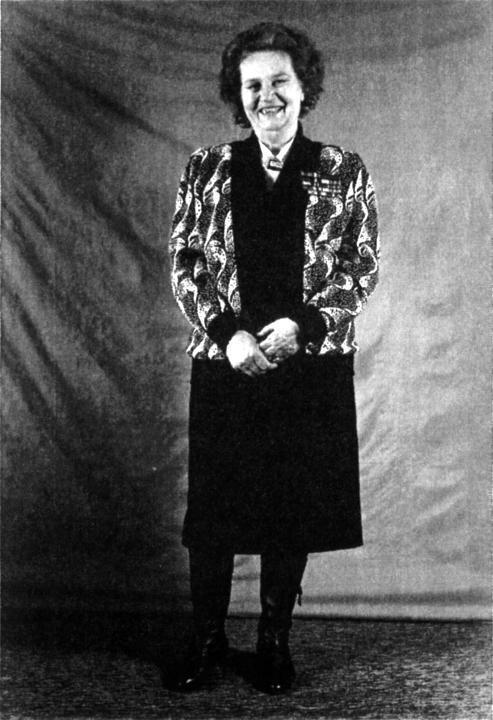

The implications for applications of sexual selection theory to humans are discussed, in particular the fact that in some populations women lead sexual and reproductive lives that are very different from those derived from a simple Bateman-Trivers model. Furthermore, Pimbwe women are the primary beneficiaries of multiple marriages. Several predictions derived from the view that serial monogamy is a reproductive strategy from which males benefit are not supported. In this paper, focused on humans, predictions are derived from conventional parental investment theory regarding expected outcomes associated with serial monogamy and are tested with new data from a postreproductive cohort of men and women in a primarily horticultural population in western Tanzania (Pimbwe).

Recent theoretical work in behavioral ecology suggests reality is more complex. Finally, their results suggest that high-quality relations with a stepparent enhance transmission between same-sex biological parent-child dyads but high-quality relations with a spouse in two-parent biological families produce a competing role-model dynamic.Īpplications of sexual selection theory to humans lead us to expect that because of mammalian sex differences in obligate parental investment there will be gender differences in fitness variances, and males will benefit more than females from multiple mates. The authors find evidence of converging ideologies between mothers and sons and diverging ideologies for fathers and daughters-especially in stepfamilies. Parent-child gender heterogeneity, performance of traditional parenting roles, and relationship quality are related to high similarity scores. Stepparents’ ideologies are predictive of their stepchildren’s only when they have high-quality relationships. Results indicate that biological parents’ ideologies are strong predictors of their children’s ideologies. Using data from the National Survey of Families and Households, this study explores how single-parent, stepparent, and two-parent biological family structures may affect the transmission of gender ideology from parents to their adult children.


 0 kommentar(er)
0 kommentar(er)
